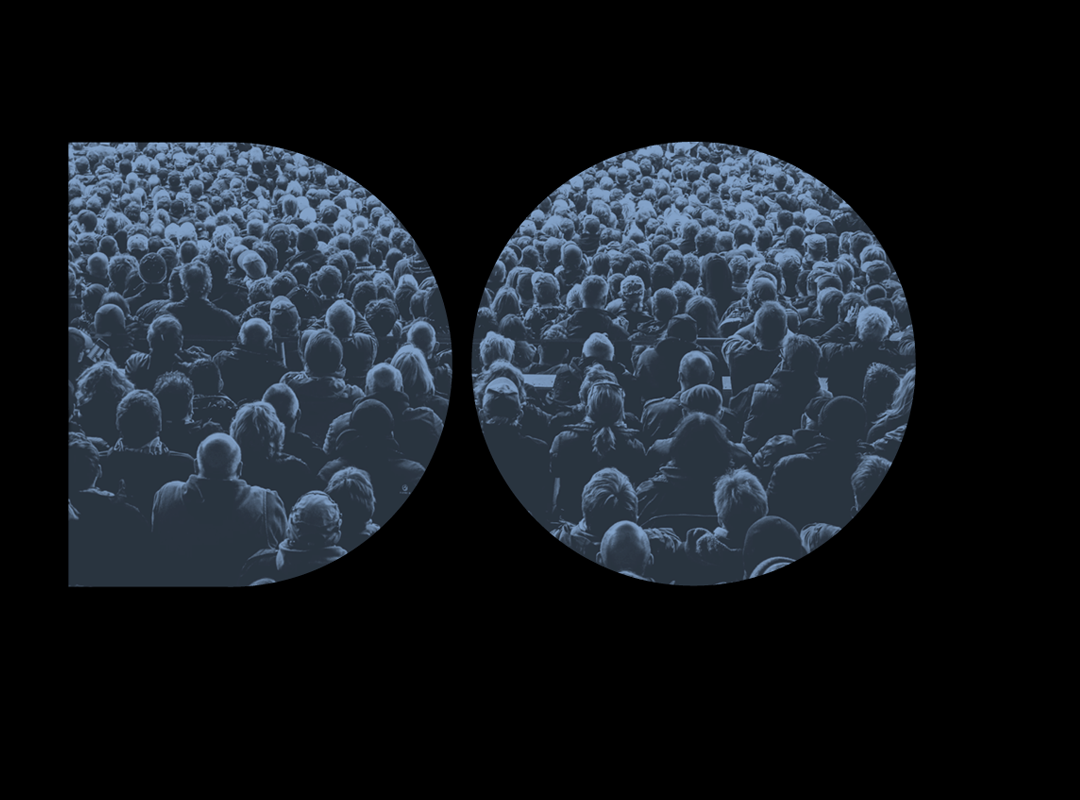
April 4, 2012
Oil-Powered Thinking

The Victoria & Albert Museum in London. © Victoria and Albert Museum
Last week the Victoria & Albert Museum in London (which has a new director, Martin Roth) staged a conference about Design & Risk. Its keynote speaker, the eminent sociologist Ulrich Beck, was on the committee of experts that, last year, persuaded Germany to abandon nuclear power and go for renewables by 2020. I was asked to respond with a talk about “design in transition”. The following text is a reflection on issues raised at the V&A event.
Since Ulrich Beck published his book Risk Society in 1986 a powerful consulting industry has emerged to help global companies “manage” up to 500 different kinds of risk. How is it, then, that despite their efforts, the world is not, to put it mildly, a safer place?
One reason is that risk management does not exist to manage the safety of the world as a whole. The industry exists to serve the interests of its clients, and the biosphere does not appear on its client roster.
A curious phenomenon follows from this. Risk managers do not, by and large, advise their clients not to take risky actions. On the contrary: their job is to make it possible for their client to take those actions anyway – but to make sure someone else pays for any negative consequences.
In the financial system, credit drivatives are a perfect recent example of this process at work. They are designed to transfer risk to…well, anywhere, so long as it’s somewhere else. In the financial crisis, that “somewhere else” has turned out to be located on the shoulders of us, the taxpayers.
The same phenomenon is happening with energy. Rather than take a long-term perspective, “solutions” are being proposed that make sense for one country, but take no account of their impact on the biosphere as whole.
Germany is a good example of this approach. In the wake of the Fukushima disaster in Japan it was indeed remarkable that Ulrich Beck, a sociologist, should be appointed to the expert commission asked by Chancellor Merkel’s to review Germany’s energy policy. One imagines that Beck must have influenced the startling recommendation of of the committee, accepted by Merkel, that Germany should abandon nuclear power and switch to alternative energy by 2021.
For Beck, in a statement at the time, that decision was “proof of Germany’s faith in modernity”. He was right, and that is one reason Germany’s decision will prove to have been a tragic one.
Germany’s change of course is another example of transferring risk, but not removing it. For the biosphere as a whole, the systemic risk comes from the in-built energy and resource-intensity of the industrial economy as a whole. The dangers associated with particular energy sources that keep it running are, in that context, details.
The dark side of the switch to “renewables” – upon which Germany has bet its economic future – will be appalling environmental and social damage – but not in Germany.
Solar energy “harvested” on a huge scale, in predominantly poor countries, is at the heart of Germany’s plans. Such plans make wind and sun energy sound clean, weightless – and, yes, “modern” – but their impact on the real world will be far less benign. Poor countries are expected to “share” their energy resources without complaint. Expensive and heavy energy arrays are to be dumped into wilderness areas – such as arid lands in Spain and France, or the deserts of North Africa – on the false assumption that these lands are “empty” or “useless”.
Professor Beck, to his credit, has long been a prominent critic of nuclear power in general, and of the conceit that one can ‘manage‘ the risk of a nuclear power accident in particular. “The nineteenth-century concept of risk, when applied to nuclear power at the start of the twenty-first century, is a zombie concept” he said last year.
But his alternative approach is one of degree, not of kind. He may have persuaded the German government that nuclear power was a bad idea, but he did not question the false logic of perpetual growth that has turned our economy into a doomsday machine.
Why, I wondered yet again, do some of the world’s smartest people believe so strongly in an economic structure that is destroying their own life support system?
I looked for insight to another insider, this time in banking. John Fullerton, a former managing director at JP Morgan, has passed over from the dark side to work for “a more just, resilient, and sustainable economic system” – but he worked at the heart of the machine for two decades.
John told me two alarming things about the way banking views risk. “Most people in the (financial) system have not considered the implications of the exponential function in context of the physical planet“ he told me, and “their risk management tools cannot encompass the interactions between systems”.
Otherwise stated, these clever guys think about parts, not wholes, and have no inkling at all that the laws of physics will eventually overrule the theories of economics.
At first, I found John Fullerton’s explanation reassuring. By his account, there’s no evil plot by banksters to crash the world economy and turn us all into serfs. The problem, rather, is one of blinkered perceptual frameworks.
This reassurance is quickly dashed, however, by the realisation all these smart people, who assume that things will turn out for the best, have no reason to believe otherwise. They will not change until it is too late.
Whether they are sociologists, like Ulrich Beck, or supposed technocrats like Mario Monti, our leaders believe that growth can go on for ever because that is all they have known in their lives. They believe in the inevitability of progress because, in their lives at least, things have always progressed . They believe that bold actions can be taken without regard for consequences because there haven’t been any negative consequences – or rather, none that they have experienced personally. They believe that man is special and that progress is unstoppable because – well, no experience has given them reason to think otherwise.
These foundation myths of the modern age – reason, progress, mastery over nature – are oil-powered narratives. They are rooted in the material reality of a unique period of energy abundance. To take just one example: in the 1950s, when Milton Friedman expounded monetarism, and spawned the Chicago School of economics that still dominates economic thinking around the world, you could buy a barrel of oil for $3.50.
Energy In, Energy Out
Speaking of cognitive dissonance…
On my way to the V&A conference, I went to a meeting at the Houses of Parliament to hear an American ecology professor, Charles Hall, give a lecture on Energy Return on Energy Invested (EROI).
Now I know that EROI sounds dry, and geeky, but EROI, at heart, is a statement of simple fact and plain common sense: It takes energy to get energy – and if it takes too much effort, and therefore cost, to get energy – then the needed invesment probably won’t be made.
Professor Hall, a self-styled “numbers guy, not a policy guy” showed us a lot of charts that plotted this energy-in, energy-out relationship. The most striking showed the change, through time, of how many barrels of oil we have obtained for use in the economy, per barrel invested in its production. These are the key numbers:
1930s 100 barrels for economic use
1970s 25 barrels
1990s 15 barrels
Hall also told us that most of the energy solutions being trumpeted at the moment – from tar sands in Alberta, to the large-scale solar arrays in Spain of the kind that Germany has staked its future on – are proving to fall well below the 15:1 threshold below which it’s hardly worth the effort.
“You can’t have en economy without energy. Energy does the work!” Professor Hall concluded.
This dramatic flourish was met with a mildly perplexed silence among the lawmakers and visitors in the room. It transpired, yet again, that telling people something simple, self-evident and backed up by a ton of charts, will be a waste of effort if people are not predisposed to hear it – let alone to act accordingly.
As a senior MP said at the end of the session: “for a politician, reduced affluence is an impossible sell”.
Professor Hall, the scientist, said he was not a policy guy. The MPs, who are policy guys, said this information was beyond their scope, too. For Ulrich Beck, the foremost sociologist of our time, and who is a policy guy, rationality will solve the problems that rationality has wrought.
Why is it that countervailing facts don’t change things in our evidence-based world? And what might we do about it?
These are not new questions. Forty years ago John Berger observed, in Ways Of Seeing, that “the picture exists to prick our consciences, and provoke action. But if no action related to its origin in a specific political situation occurs, then the picture is depoliticized. It becomes evidence of the general human condition. It accuses everybody — including the demoralized viewer — and therefore nobody.”
Susan Sontag came to a similar conclusion, in Regarding The Pain Of Others, ten years ago. “Compassion” she wrote, “is an unstable emotion. It needs to be translated into action, or it withers. [. . .] People don’t become inured to what they are shown — if that’s the right way to describe what happens — because of the quantity of images dumped on them. It is passivity that dulls feeling.”
More recently, scientists who study how humans think have added their input. Daniel Kahlman, in his new book Thinking Fast and Slow, concludes that people are simply not as good at thinking rationally as we like to believe. To makes things worse, we have constructed entire education systems that amplify what he calls “maladaptive patterns of inference”.
We were asked, at the V&A conference, to “celebrate the design opportunities inherent in risk”. It seems to me, having heard what the world’s leading risk expert had to say, that we are faced not with a risk, but with a certainty: The decline of the industrial growth economy is unavoidable. In all probability, it is now under way.
Where are the design opportunities in that realisation?
When asked why he made furniture, Charles Eames said that an architect should be able to design “anything – from a spoon, to the city”. In a curious way, the designer’s innate drive to do something, when confronted by a challenge, is a healthy response to the end of industrial civilisation.
Another positive: to the many thousands of communities around the world that are busy already – preparing, practically, for energy descent – a designer-maker’s skills will be most welcome.
These opportunities are not, for the most part, likely to end up as a paid job – but at least it’s meaningful work. The opportunity for design is to join these experiments. These are the seeds of the local living economies that will replace the thermo-industrial one we have now.
Observed
View all
Observed
By John Thackara
Recent Posts
Runway modeler: Airport architect Sameedha Mahajan on sending ever-more people skyward The New Era of Design Leadership with Tony Bynum Head in the boughs: ‘Designed Forests’ author Dan Handel on the interspecies influences that shape our thickety relationship with nature A Mastercard for Pigs? How Digital Infrastructure is Transforming Farming and Fighting Poverty



